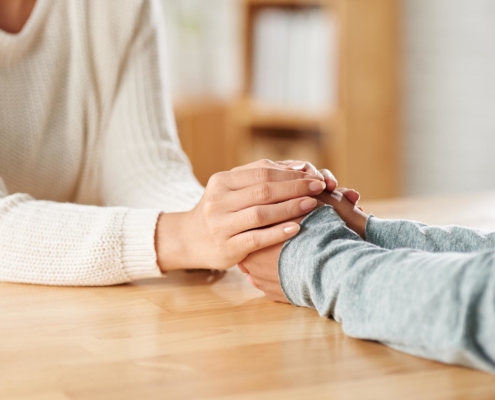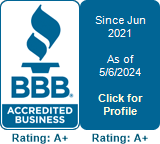Sober Companions vs Sponsors: What’s the Difference?
The key difference between a sober companion and a sponsor is tied to their level of involvement and responsibility. A sober companion offers professional, 24/7 support, walking alongside you through everyday life, providing real-time guidance, and helping you navigate recovery in real time. On the other hand, a sobriety sponsor, often part of a 12-step program, offers more of a guiding hand with periodic check-ins and by sharing wisdom from their own experience. While sponsors can provide valuable mentorship, sober companions are right there with you in the trenches, offering hands-on support every step of the way.











